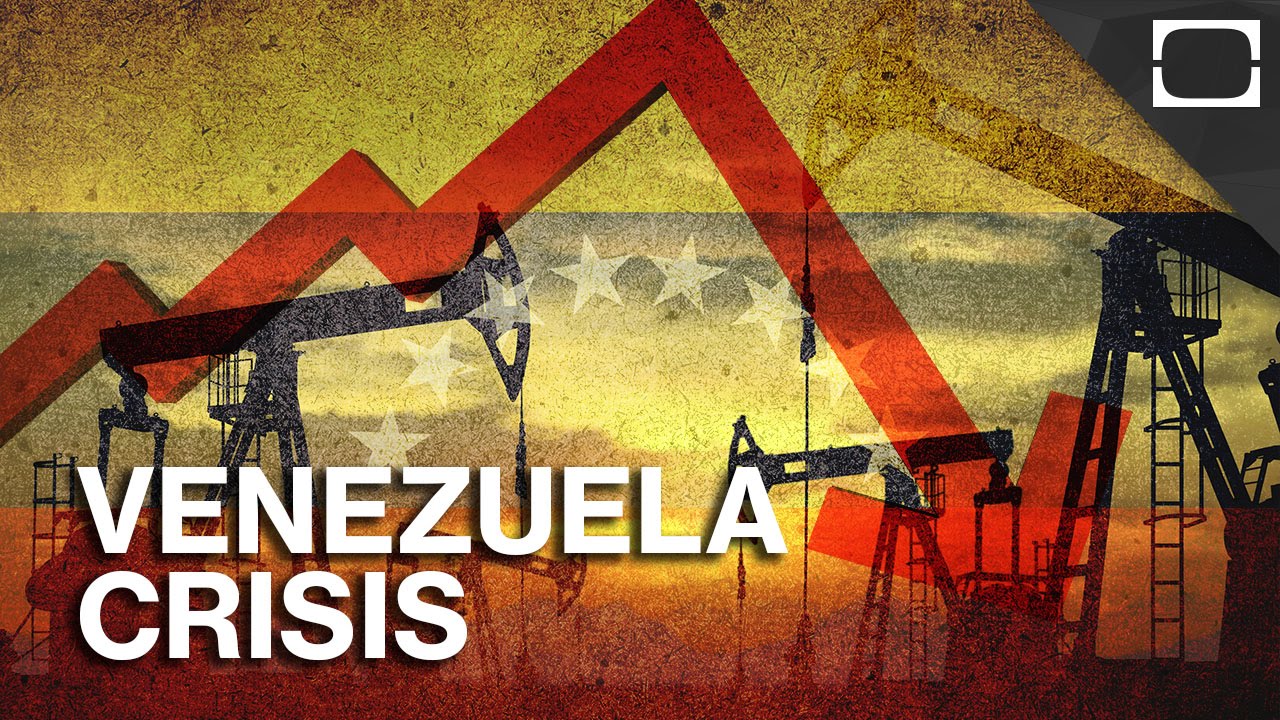
By Mark Weisbrot
The international media have provided a constant fusillade of stories and editorials (not always easily distinguished from each other) about the collapse of the Venezuelan economy for some time now. Shortages of food and medicine, hours-long lines for basic goods, incomes eroded by triple-digit inflation and even food riots have dominated press reports.
The conventional wisdom has a set of predictable narratives to explain the current economic mess. “Socialism” has failed — never mind that the vast majority of jobs created during the Hugo Chávez years were in the private sector, and that the size of the state has been much smaller than in France. The whole experiment, it is said, was a failure from the beginning.
According to this narrative, nationalizations, anti-business policies, populist overspending during the years of high oil prices and the collapse of oil prices since 2014 sealed Venezuela’s fate. Adherents to this explanation say the downward spiral will continue until the chavistas are removed from power, either through elections or through a coup (most pundits don’t seem to care which).
The reality is somewhat more complicated.
Read rest here
Close
Close
